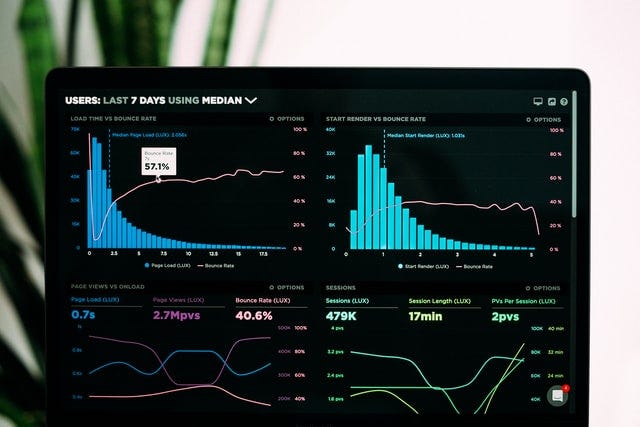Understanding Big Data Analytics: A Comprehensive Overview
Written on
Chapter 1: Introduction to Big Data Analytics
Have you ever felt as though you’re living in a digital matrix, noticing how your Google searches pop up in other applications? Or perhaps you've wondered how music platforms can tailor suggestions to fit your mood? This remarkable capability is largely due to Big Data Analytics.
Big Data Analytics has effectively eliminated the ambiguity surrounding the identification of evolving trends and consumer needs. If you're still uncertain about what this technology entails, let’s take a closer look.
What is Big Data Analytics?
Big Data serves as a comprehensive repository of information that aids businesses in understanding current global scenarios and determining necessary changes or implementations.
This technology is utilized by numerous companies, particularly major tech entities like Facebook, Google, Microsoft, Apple, and even automotive leader Tesla. By leveraging Big Data, these organizations can thrive by staying attuned to the shifting demands and purchasing behaviors of their consumers.
Essential Insights About Big Data Analytics — Did You Know?

Photo by Luke Chesser on Unsplash
By 2050, Big Data Analytics could potentially transform prestigious professions in sectors such as healthcare, education, psychology, and entertainment. The future may be increasingly dictated by Big Data Analytics rather than human judgment.
For instance, the electoral voting system can be influenced by insights derived from Big Data Analytics, allowing politicians to anticipate voter behavior in advance. While Big Data can significantly benefit businesses, it might also compromise human decision-making autonomy, increasing susceptibility to external influences.
In the healthcare domain, Big Data Analytics is poised to become more influential, enabling continuous health monitoring through biometric data. Additionally, the entertainment sector, particularly platforms like Netflix and Amazon, heavily relies on Big Data algorithms to provide personalized recommendations based on user behavior.
Chapter 2: Benefits of Big Data Analytics
Improved Decision Making
Businesses, especially marketing firms, can utilize Big Data Analytics to determine the most effective platforms for their marketing strategies.
Risk Mitigation
By analyzing emerging trends, Big Data Analytics equips organizations to prepare for potential uncertainties ahead of time.
Future Forecasting
With the insights gained from Big Data Analytics, businesses can craft strategies that align with future demands, thereby adjusting their operations accordingly.
Addressing Emerging Needs
By strategically planning based on forecasts from Big Data Analytics, companies are better positioned to meet the evolving demands of their customer base.
This video offers an introduction to Big Data Analytics, explaining its fundamental concepts and applications.
In just five minutes, this video provides a concise overview of Big Data, its significance, and its role in analytics.